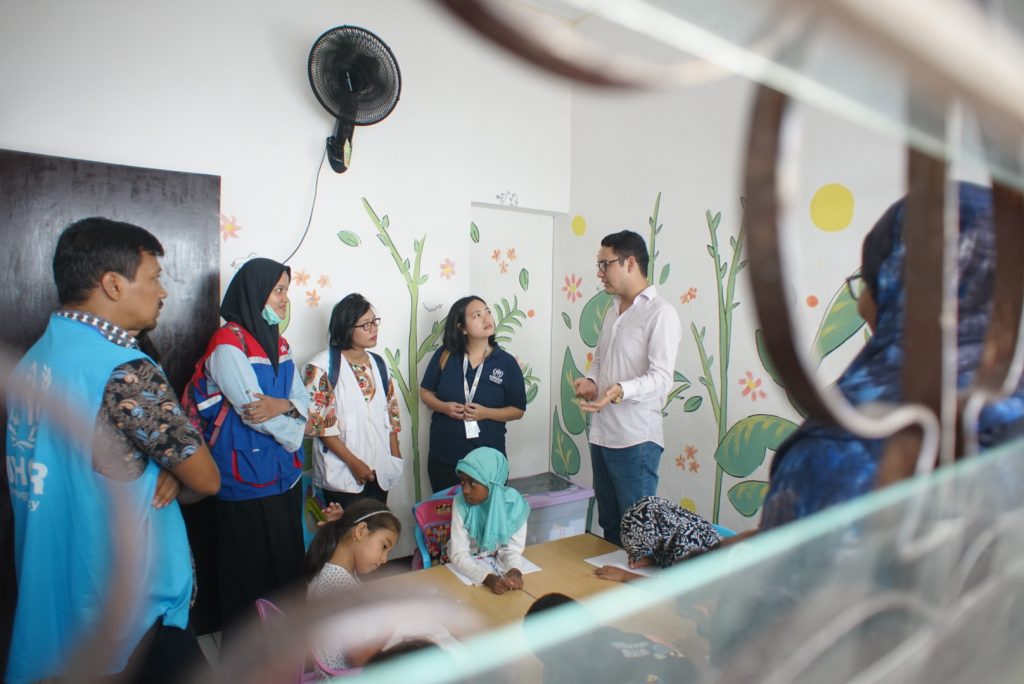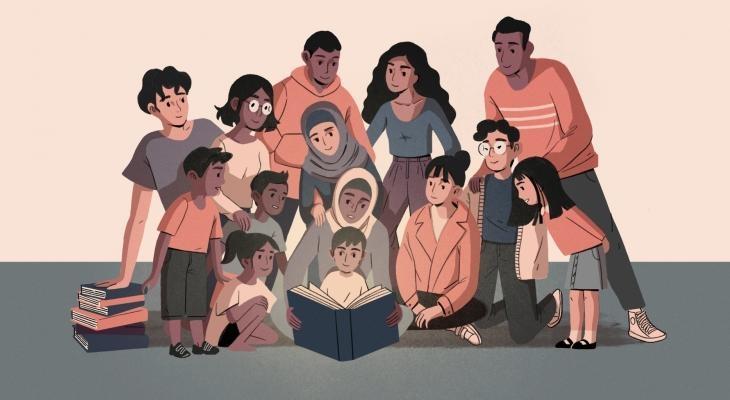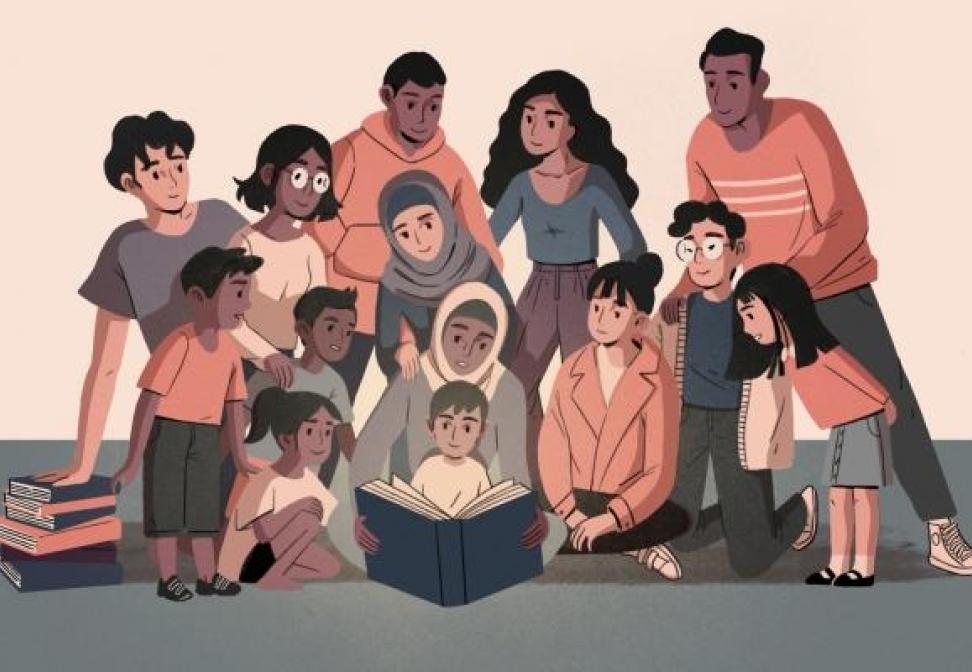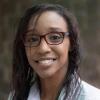Before You Make Up Your Mind About Refugees, Get to Know Them First
Once in Jakarta, the capital city of Indonesia, fortune put me between two ladies from an English-speaking country. One of the women started talking to me in English, but very slowly, as if I were a kindergarten child. She introduced herself and her colleague, who was examining my face intently to see if I understood what her friend was saying.
This was the first time I found myself in this situation and I had to wait for her to finish speaking in this strange way before I responded to her. When I answered her in unmistakable English, they were so surprised that I felt they thought that I spoke one of the extinct languages. Both rushed to ask how, where and when I learnt to speak English. It was a shock to them when I told them that I was a dentist and had nine years of experience in this field. They concluded that I am not a refugee, but another overseas volunteer who had come to help refugees. They were joyous over this wrong conclusion. When I made it clear to them that I was a refugee, the amazement on their faces began to be mixed with compassion.
Their belief that I had to be illiterate because of my refugee status made me wonder what goes on in the minds of refugees and non-refugees about each other.
The refugee situation has always raised many questions in the minds of people who did not go through the same experience. Questions like, why can’t you go back to your country, or is there a war in your country? Some refugees appreciate the questions but for others it brings back hurtful memories.
It is the same with my encounter with the two English-speaking women. I could feel happy that they recognised and appreciated my proficiency in English, or I could feel the disappointment of their underestimation of refugees like me and our potential.
Refugees who turn to volunteer work in humanitarian organisations that take care of other refugees find themselves interacting with locals and people from all over the world. We either restore our faith in humanity or lose it, there is no third choice. We find people who don't skimp on their time or efforts to help refugees, and we find others exploiting the refugee situation for their personal interests.
Mohammad Baqir from Afghanistan is a refugee who decided to restore his faith in humanity. He was not yet twenty years old but that did not prevent him from realising the importance of education for refugees. When I asked him how he felt on the day HELP (refugee-led learning centre) opened its doors for registration for the first time, he said: "I realised the size and the importance of the work that I do. I started registration that day from 9am until 6pm. To register students, I had to move from behind the computer to the checkpoint, forward and backward. Despite feeling tired, my soul was satisfied when I saw the children playing as if they were framing a future they wished for themselves, as if they were saying, this is our school. Later that day my friends who are non-refugees visited me. When they found me working alone, they decided to help me, and here we are all working together for the benefit of the refugees".

Through those organisations, refugees and non-refugees can create their own network. Working together brings out the behaviour, attitudes and sometimes, the frustration of all involved. However, no matter what the frustrations are, they always find common ground for discussion.
If you live in a place where there are refugees, the best way to know refugees is to visit one of the charitable organisations that deal with refugees. Go there with an open mind and expect to see all strata of society. Before you make up your mind about refugees, give yourself a chance to get to know them. They may have knowledge and capabilities that you know nothing about, and from there you can exchange knowledge that may benefit everyone.
(Thanks to Baqir from HELP for the photo featured in this blog post)
(Illustration: Ng Yin Shian)
Elina Mark is a member of the archipelago, a writers collective that builds community and mentorship with refugee and migrant background writers. The collective was founded to train new writers who are refugees in Indonesia towards professional publication and forge relationships between writers across islands. This piece was written as part of the partnership between Our Better World and the archipelago.






